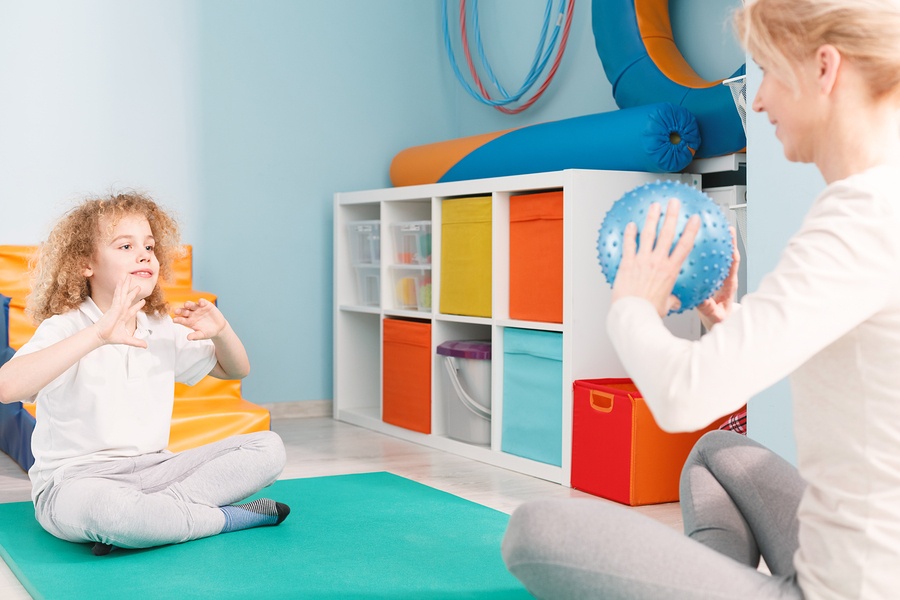Development in children
The term ‘development’ is used to depict a child’s overall growth, which encompasses areas of physical, emotional, cognitive, behavior and communication skills. It is generally believed that how an individual matures throughout their life is determined by intertwined aspects of nature and nurture. That is, one’s genetic history and the social circumstances in which they are brought up, both contribute to the eventual outcomes of the individual as they move throughout childhood, adolescence and into adulthood. Indeed, during childhood, the brain advances at a faster rate than at any other time of life. Thus, during this time, a child’s purpose is to take in and learn about their environment so that they can develop the skills to perform necessary daily tasks, appropriately communicate and interact with others and establish relationships, and form the emotional and behavioural skills required to meaningfully participate in their community. Naturally, children mature at different standards, and it may be difficult to identify if a child has serious deficits in their development.
Cognitive and emotional development
While the physical growth is an integral component, the child’s emotional and cognitive development is equally as important. Some children may have congenital disorders from pregnancy/birth, such as certain physical or cognitive disabilities. Frequently seen congenital conditions include cerebral palsy, spina bifida, cardiac conditions, cystic fibrosis, Fragile X syndrome and intellectual disabilities or delays. As medical conditions or disabilities can affect a child’s cognitive functioning, they may also lead to disparities in their emotional advancement, which in turn often leads to behavioural issues and problems in forming relationships with others.
The cognitive and emotional evolution of a child play central roles in how a child learns to interpret the world around them, comprehend and regulate their feelings, interact with other people, behave in a socially appropriate manner, and deal with difficulties in life that they may experience. As such, it is essential that a child learns how to effectively cope with and understand their own thoughts and emotions, and how to relate and convey these with people around them.
A psychologist is a health worker who has completed a university degree focusing on human behavior. Psychologists try to make sense of how humans think and feel, which ultimately directs how they behave and respond to others and social situations. In general, psychologists engage with people who are having issues dealing with stress and difficulties in their lives. This can range from mental health conditions such as depression, anxiety or compulsive disorders, or challenges resulting from trauma, grief or psychosocial hardships (e.g. loss of a relationship). A kid psychologist (or children psychologist) practices in working with children who often have emotional dysregulation and display challenging behaviours, which can often negatively impact on a child’s ability to learn, play and engage with others and complete the everyday tasks expected of them (e.g. basic self-care activities and performance in school). A psychologist will usually also heavily involve the child’s parents or primary caregivers, as well as other integral people involved in the child’s life (e.g. school teachers, support workers or health professionals).
How a kid psychologist can help
A psychologist can help a child in many ways to for get the skills that are important to ensure that the child can function as optimally as possible. Common examples include:
- Helping a child deal with anxiety, stress or anger issues
- Working with the child and their parents/family to better manage behavioural difficulties, such as anger management, or aggressive or disruptive behavior
- Counselling to assist in situations of grief, loss or trauma
- Performing cognitive assessments or other standardized tests to help determine psychological diagnosis or mental illness
- Helping a child to rehabilitate after acute illness or injury, such as stroke or brain injury
A kid psychologist will work with the child and their parents/family to conjure a suitable therapy plan that is unique to the child, also keeping in mind their social context.

